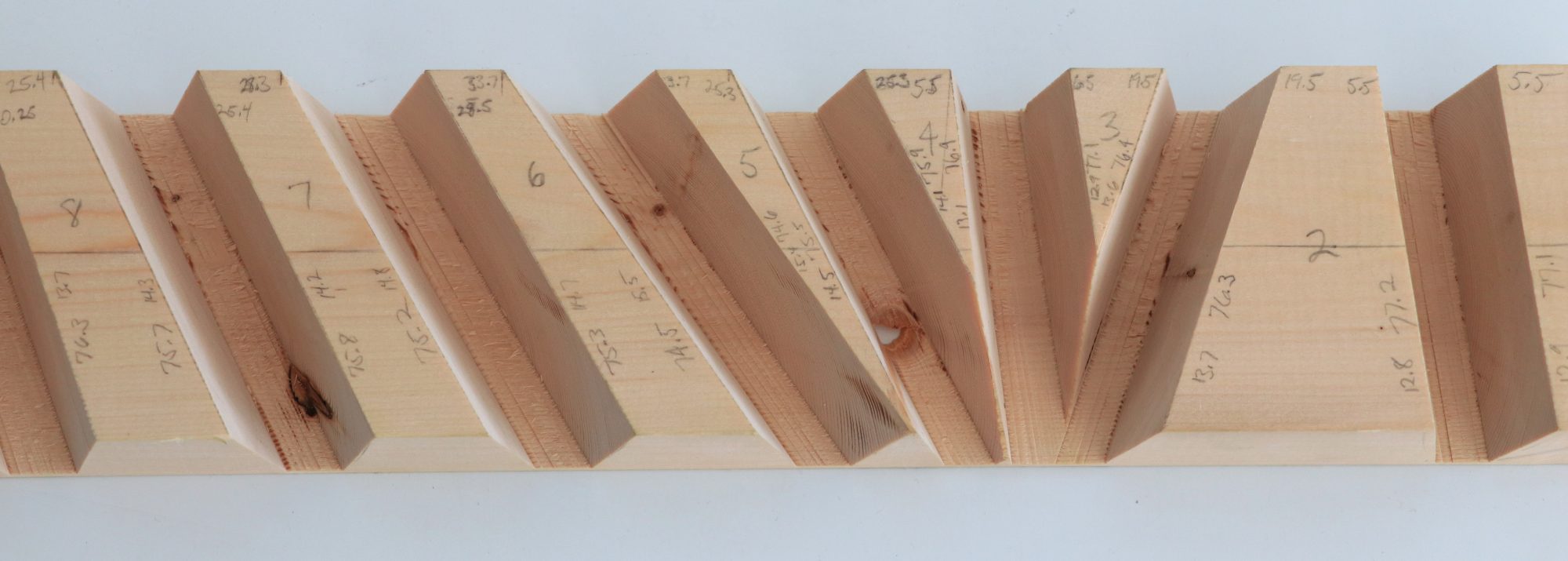We work high and low.
HiLo Lab explores the intersection of advanced design and accessible making. We use high-tech tools and software to generate work that can be fabricated through low-tech, low-impact methods, lowering barriers and expanding access. We embrace “lowly” materials and situate them within sophisticated design contexts. Our processes are responsive, and intentionally easy to adopt, enabling broader use across disciplines and communities.
HiLo Lab is deeply invested in material ecologies, production efficiencies, and sustainable fabrication. While wood and timber often anchor our investigations, we work across a wide range of mediums, including plastics, plants, metals, mycelium, textiles, cellulose, and reclaimed waste. Our hybrid workflows combine analog and digital techniques, valuing low-fidelity tools as much as high-tech systems. Our research centers on expanding the use of second-stream materials like wood waste; increasing access to digital design and fabrication; developing energy-efficient, low-waste construction methods that extend material lifespans; and embracing natural processes, including growth and decay. We prototype new systems, reimagine assembly, and promote circular material practices.
Based at UBC SALA and Cal Poly CAED, HiLo Lab is a post-disciplinary, trans-institutional collective. We challenge conventional authorship through emergent making—guided as much by growth and decay as by deliberate control. Architecture, landscape, art, and design are reimagined from the ground up.



